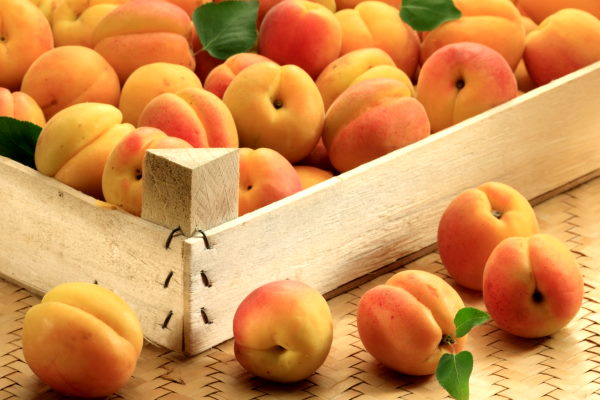
Can Babies Eat Vinegar?
Vinegar is a watery solution of acetic acid, as the result of fermentation of ethanol or sugars by the acetic acid bacteria. It is mostly used in cuisines as a cooking ingredient or in pickling.
There are many types of vinegar, depending on the source material: fruit vinegars, grain vinegars or alcoholic beverages vinegars. Fruit vinegars are made from fruit wines and they do not need any additional flavoring, because the flavors of the original fruits usually remain in the vinegars flavor. Most common fruit vinegars are: apple, raspberry, blackcurrant, pomegranate and tomato vinegar.
Apple cider vinegar is one of the most popular vinegars, and it is made from cider or apple must. It has a brownish-gold color. The Chinese black vinegar is an aged product gotten from rice, wheat, millet, sorghum or from the combination of these elements. Sometimes there are some sugars, spices or caramel color added to it. Wine vinegars have a lower acidity level than white or cider vinegars.
There are also palm vinegars, popular in Southeast Asia and made from palm sap or from fermented coconut water. Balsamic vinegar is an aromatic aged one, made from the concentrated juice or must of white Trebbiano grapes, produced in Italy. It has a dark brown color, it is rich, sweet and complex, being aged in different casks made of different types of wood. Vinegar made from sugarcane juice, although it is made from sugar, it is no sweeter than other types of vinegar. It is very popular in the Philippines.
Benefits Of Vinegar For Children
Vinegar alleviates acid refluxes in babies. If apple cider vinegar is diluted, it can cure sunburns, insect bites and fights against dandruff. It is also good for improving the skin, in softening it and in enhancing its elasticity. Apple cider vinegar provides vitamins A, B6, C and a lot of essential minerals. It not does only have vitamins and nutrients, but it also helps with their absorption. Vinegar forces the release of calcium, and has acetic acid, which helps the absorption of vitamin C in our bodies. It has antioxidants, which combined with the nutrients and its properties of helping the absorption of vitamin C, boosts the immune system. Diluted apple cider vinegar is also good for thrush, which is a common problem amongst babies and toddlers.
Parents can introduce this ingredient into their babies’ diet starting at the age of 6 months old, but they should pay attention to the amount of the vinegar. Vinegar softens meat, transforming it into something more easily digestible. When frying eggs, if vinegar is added into the egg juice, it makes the eggs more elastic and nutritious.
Vinegar can upset the stomach and can cause indigestion when swallowed, and if it is in direct contact with the skin, without being diluted it can cause redness and irritation. If your baby swallows vinegar in its pure form, you should rinse your baby’s mouth with water for several times.
FAQ
What is vinegar?
Vinegar is a watery solution of acetic acid, usually used in cooking, but also in household for many purposes.
How healthy is vinegar?
Vinegar helps with the absorption of vitamin C and with the release of calcium, it has essential mineral nutrients, and antioxidants, aiding the immune system.
When can you start giving vinegar to your baby?
You can start adding vinegar to your baby’s diet starting at the age of 6 months old.
The risks of giving vinegar to your baby?
Excess of vinegar, especially in its pure form can cause indigestion, so you should mostly use it in a diluted form.



